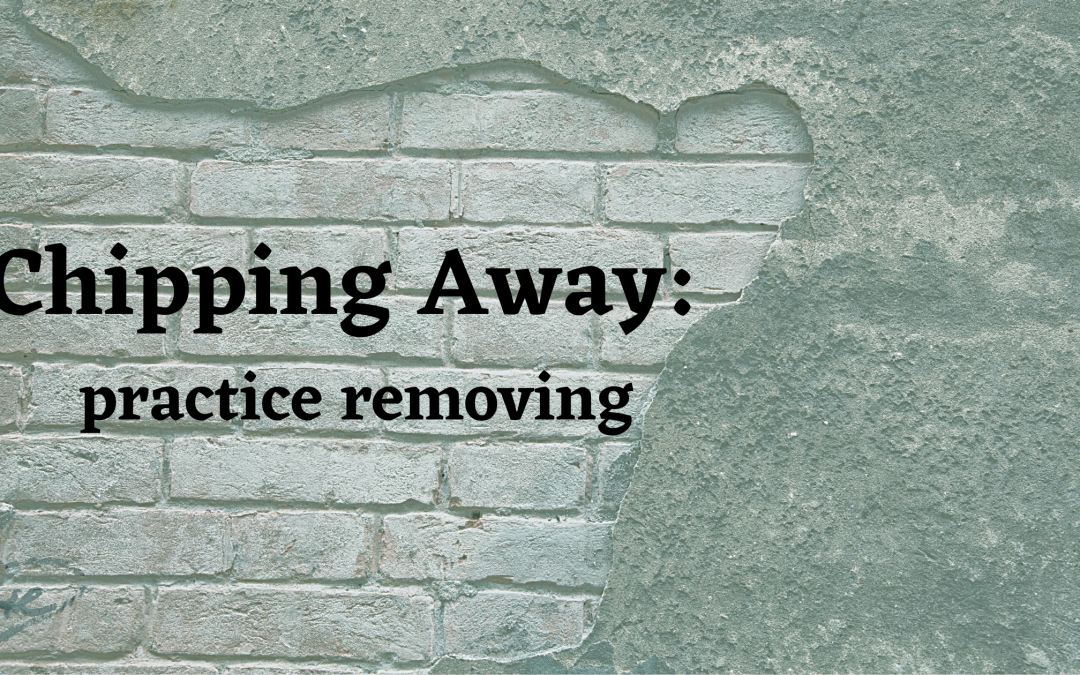A little over 12 years ago, my husband began a transformational journey. At 30 years old, he was high risk for heart attack, heart disease and diabetes. He had regular acid reflux, so regular, he slept in a recliner to keep his head above his stomach. His lifestyle at the time, consisted of a very unhealthy diet with soda and fast food being a primary source of ‘nutrients.’ The recliner was his one-man dessert island and one year, he watched every single Cubs game from that chair. One hundred and sixty two games, beginning to end.
Levi doesn’t describe this time in his life with pride nor disgust. When he describes this time, its almost like he was percolating. He knew something needed to give, but wasn’t sure when or how to do it. After a scare with chest pains (turned out to be a pulled muscle), Levi found himself at the doctor’s office where his ruminating came to a conclusion. The doctor began to inform him that while, this situation wasn’t a heart attack, at the rate he was living, the likelihood of one was becoming likely.
Levi began to make changes. The first thing he did was remove soda from his diet, then adjusted his overeating by limiting food to one helping and passing on seconds. After a time, he began switching from hamburgers or pizza at lunch for salads. Physical activity goals began with making himself move 3 miles a day whether it be walking, biking or elliptical. Eventually, he began attending the gym regularly and incorporated more dynamic movement, weights and more.
In 9 months, Levi dropped 75lbs.
Fast forward about 10 years; Levi has kept off all the the 75lbs plus some (approx. 95lbs in all). We are standing in the kitchen talking about his experience and I was sharing some of my own frustrations with my weight at the time. As we’re discussing this, Levi says, “I think of my workout as ‘chipping away’ so I don’t get discouraged. I know its not going to happen all at once, but bit by bit.”
You know those moments where your brain has an ‘aha’ moment? Yeah, that comment created one for me. “Chipping away” became something that I started to chew over. We have different terms, but all can be equated to this chipping idea: compound interest, habit building, routine/practice, growth, etc. Often in yoga, there is conversations about more, better, bigger, harder, but considering the concept of removing, lends an accessibility to the concept.
The more I think about this idea, the more I realize how much of the languaging in older yoga texts are more often reductive in theory. Removing story, stress and pain. Asking the student to be their most self in the subtilties of simplicity instead of the expanse. Allowing the posture to be a tool to shed burden or distraction. How would it feel to approach your practice in this way? Not “What can I do?”, but “What can I get rid of?” If you’re challenging yourself through elimination, comparison would be null. You would have no idea what the person next to you is grappling with, nor would you care. You would only worry about the task at hand in your own system.
By actively shedding burden within your practice, you begin to develop a more renunciate type of practice. “What can I do with less?” in a practice can be incredibly soothing by creating a more productive approach to relieving stress in a practice. Reductive practices invite the student to channel within in a different way.
In an advanced program led by Yoganand Michael Carroll, we were about to be dismissed for lunch. Yoganand asked us to take into consideration what we were about to consume and nourish our bodies with. He requested us to make sure we didn’t eat too much, but just enough. He also requested that we consider what we eat so it doesn’t ‘leave a residue.’ Residue is also an accumulation that can impact our bodies and distract our minds. Residue influences our decisions and doesn’t give us the opportunity to be our whole selves in an experience because in the back of our mind, we’re so aware of the distraction its mot allowing our whole self to be apart of the experience.
Its been years since Levi sat in that doctors office and began the shedding of many things that were not serving him. If you talk to him today, he will say he’s not done yet and that his journey is ongoing. We accumulate and then eliminate. The accumulation is what marketing says we need, but it’s the removal that actually gives us the more profound and long term benefits. I invite you to try your next practice with a reductive mind. Tell me how it goes.
